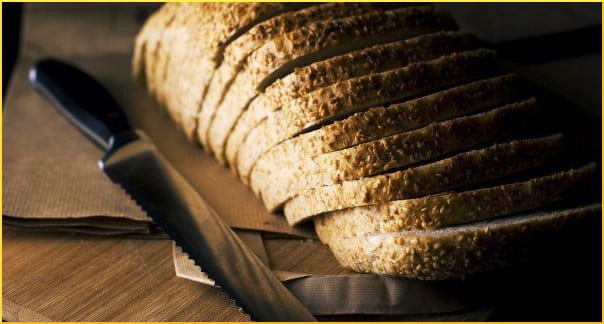
Wheat Belly, published a few years back, still upsets segments of the public and a number of professionals. In Dr. Davis’ case, controversy has continued for years. Irate online commenters have even suggested that he belongs in jail.
Some of the criticisms can be called generic, because they are so common. Often they are ill-considered, or even equally applicable to what the other side believes. What gets into people’s heads, and leads them to either recognize objective truth or continue to subscribe to unsound tenets?
Generic criticisms
Some people believe, for instance, that systemic inflammation is caused by meat consumption and/or other factors. They are duty-bound to cast doubt on a theory that says it is caused by carbohydrates. So, no Wheat Belly for them.
Or scoffers will say, okay, cutting out wheat and other carbohydrates is an effective short-term weight loss strategy, but it’s no good for the long haul. Some say it is blatantly obvious that giving up bread will lead to weight loss, for the simple reason that people are also renouncing the butter, jelly, nut spread, and other concoctions that customarily are slathered onto bread.
Some people denounce the Wheat Belly recommendations because they “tried it and it didn’t work.” But they might be doing it wrong. You can’t just go out and procure a bunch of whole-grain stuff and add it to your customary diet of processed flour products. Substitution is the key word, but some people don’t get the memo, and their attitudes become sour. This is not Dr. Davis’ fault.
Others add that a faithful follower of the Wheat Belly diet will also quit potatoes, rice, legumes, high-fructose corn syrup, and so forth. After cutting out all those items, how could a person fail to shed pounds? But it has nothing to do with the wheat, or so they say.
More objections
A common-sense reaction to the Wheat Belly proposition is to acknowledge that, because many diseases have revealed themselves to be multi-factorial, it is never a good idea to vilify one particular food group. In the comment sections of various webpages, an angle mentioned by numerous skeptics is that the wheat industry is pretty powerful.
So, if there is any truth in Dr. Davis’ accusations, naturally Big Wheat would try hard to discredit him. Big Tobacco, Big Pharma, and the other Bigs have repeatedly lied to the public. They told us nicotine is okay and sugar is harmless. Big Oil spends millions to convince us that climate change is not real, and to quash the reports that say otherwise.
Some will go so far as to agree that wheat is the problem, but not intrinsically. The harm to humans results from the glyphosate that Big Agriculture coats the crop with before harvest.
Some people say the Wheat Belly ideas are fine; it just wasn’t that good of a book. Solution: Get a better book. One enthusiast urged readers to try Meals that Heal Inflammation, by Julie Daniluk, RHN. Of Daniluk’s advice, the reviewer offers exactly the kind of testimonial that keeps people excited about the whole wheat/gluten/flour controversy:
I’m still amazed by how great I felt during the elimination phase of the diet (when I avoided gluten, dairy, corn, and nightshades), and how clear and conclusive my body’s response was when I reintroduced gluten… The day after eating just a few slices of bread, my body was slammed with the worst bout of fatigue I have had since last spring, accompanied by a fiery flare-up of systemic joint pain that took over a week to subside.
Many people call the Wheat Belly movement a fad, and not even an original one, but a warmed-over version of other low-carb diets like Atkins. But then, logical thinkers come along with an argument that is difficult to refute: If it didn’t get results, it would never have become a fad, or stayed a fad for so many years.
This lines right up with a rebuttal that fits almost any criticism. “Try it,” proponents urge. “Just quit wheat for 30 days and see how you feel. The proof is easily available.” If the doubter actually goes wheat-free for a month, and experiences an improvement in health, one more believer has been created, regardless of what any reports say.
In any case, when people get their ideas from the media, those ideas can be challenged. But when conviction arises from personal experience, it is not easy to dislodge. So if, on the other hand, the doubter is unable to quit wheat for even a week, perhaps all doubt will cease, and another zealot will join the ranks of those who affirm the reality of wheat addiction.
Your responses and feedback are welcome!
Source: “The Truth about the War on Wheat,” Tufts.edu, 10/02/14
Source: “Book Review + Recipes: Meals That Heal Inflammation by Julie Daniluk, R.H.N.,” WhatIfGourmet.com, 12/18/12
Photo on Foter.com

 FAQs and Media Requests:
FAQs and Media Requests: 











